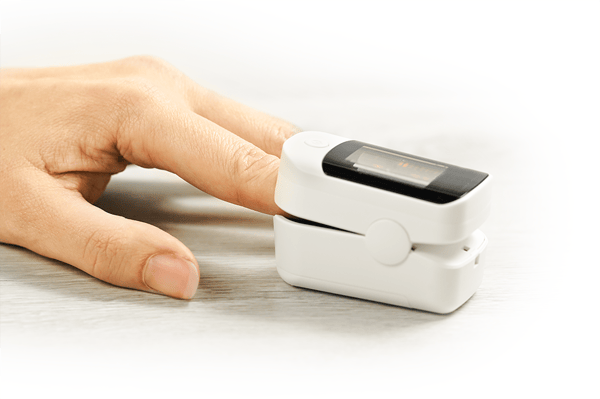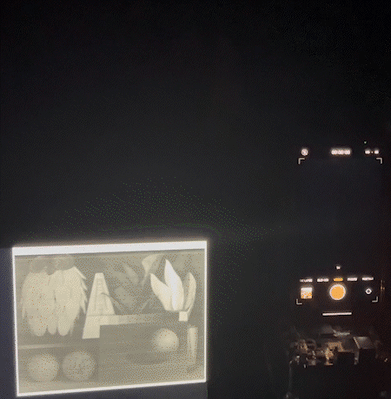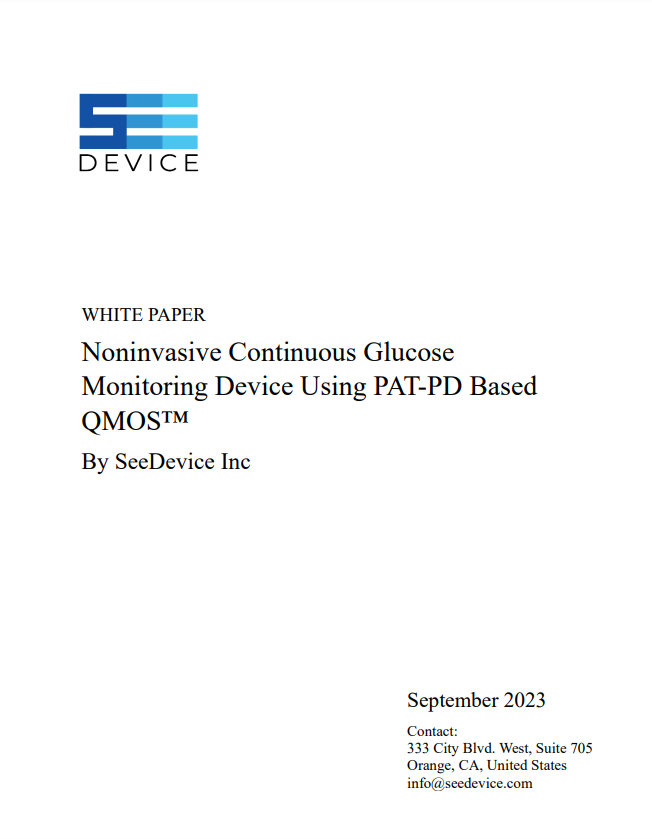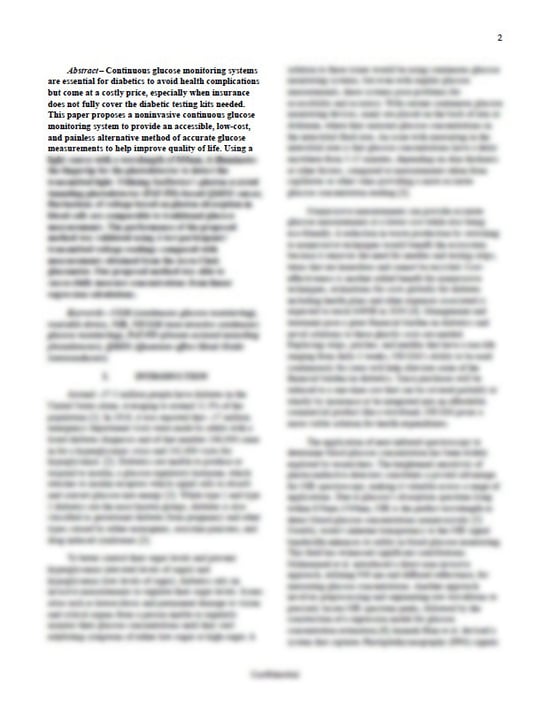
APPLICATIONS

With nano-second integration time, the QMOSTM image sensor allows for lagless imaging that instantly adjusts to changing scenery. With the potential for utra-high framerates, the sensor can easily detect and resolve even thin, fast-moving objects without any motion blur, such as pylons and other critical traffic objects or road hazards. The high dynamic range of the QMOSTM image sensor further contributes to automotive vision by reducing blowout and enabling greater differentiation of road elements under a variety of lighting conditions.
The ultra-high sensitivity of the QMOSTM sensor enables precise detection of organic elements beneath the dermis layer, providing useful biometric information for diagnostic and monitoring needs such as non-invasive continuous glucose monitoring. QMOSTM technology can also be used for PPG signals, pulse oximetry, and other biomedical purposes.


Night Vision & Finger Vein Authentication
Revolutionize the cameras on handheld consumer technology by utilizing the instant low-light capabilities of the QMOSTM sensor. Our patented quantum technology enables SWIR vision on a standard CMOS image sensor, reducing components by allowing for dual functionality on a single chip. Furthermore, the nano-second integration time allows for near instant adjustment between light and dark conditions, as well as quick and secure recognition of user finger veins for authentication purposes.


Download Our Non-Invasive Continuous Glucose Monitoring White Paper
Benefits
Edge Detection
Edge Detection is vital to future of machine vision and pattern recognition. Industries ranging from automotive and agriculture to distribution and warehousing can all benefit from accurate edge detection. Edge detection enables AI within vehicles to identify and differentiate the silhouette of a box or bag from that of a pedestrian crossing the street.
Additional Image Data
SWIR extends imaging capabilities beyond what is visible to the naked eye-enabling image data to be captured in any light setting.
High Resolution and Contrast
SWIR's region of the light spectrum produces images with higher resolutions when compared to NIR and MWIR imagery.
Temperature Observation
Lower SWIR wavelengths nearing the mid-wave IR (MWIR) spectrum can capture energy emitted from objects (ability to provide thermal data.)
Identification and Detection
Infrared absorbance, reflectance, and transmission can help identify and differentiate organic and inorganic materials.
Extended Visibility
SWIR sensors can detect smaller light photons making them less susceptible to scattering: penetrating through smoke, haze, or fog to produce a clearer image.





